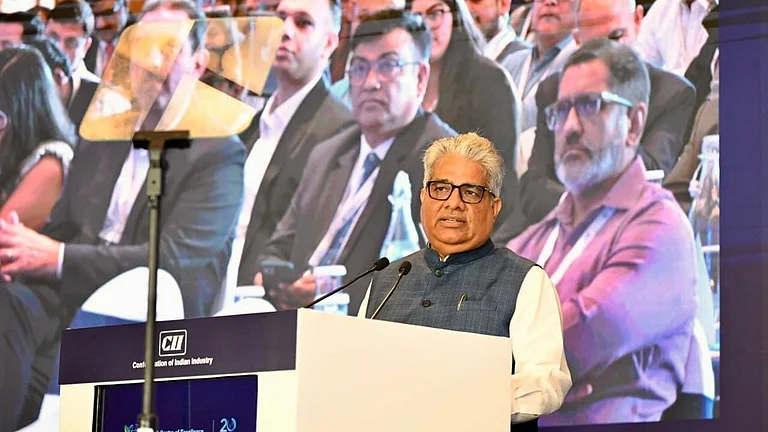
MoEFCC introduces independent environment auditors for enhanced regulatory compliance across projects.
Private agencies can now evaluate environmental compliance through new audit rules.
Rules address manpower constraints, ensuring more effective enforcement of environmental laws.
The Ministry of Environment, Forest and Climate Change authorised the creation of a new independent class of “environment auditors” to support the State pollution control boards (PCBs) in inspecting and verifying projects for compliance with environmental laws.
Private, accredited agencies can also undertake environmental impact assessment studies that will then be appraised by expert committees, according to The Hindu.
Union Ministry of Environment, Forest and Climate Change (MoEFCC) has introduced a major reform through the notification of the Environment Audit Rules, 2025 on 29th August 2025. Under the new rules, private agencies can get themselves accredited as auditors. The environment auditors can avail of licences and be authorised with evaluating project compliance with environmental laws and adherence to best practices in prevention, control and abatement of pollution.
“The overall framework for monitoring and compliance within existing environmental framework is presently supported by the Central Pollution Control Board (CPCB), the Regional Offices of the Ministry, and the State PCBs/Pollution Control Committees, which are facing significant constraints in terms of manpower, resources, capacity, and infrastructure. These limitations hamper their ability to comprehensively monitor and enforce environmental compliance across the vast number of projects and industries operating nationwide,” stated a news release by the Ministry.
“This scheme aims to bridge the manpower and infrastructure deficits faced by regulatory authorities, thereby strengthening the effective implementation of environmental compliance mechanisms. Furthermore, the scheme is designed to ensure greater transparency, accountability, and credibility in the compliance monitoring process, fostering trust among stakeholders and promoting sustainable environmental governance,” added the news release.
Audits undertaken by these private agencies can also be complied with Green Credit Rules that allows individuals and organisations tradable “credits” for afforestation, sustainable water management and waste management, among other activities.
The introduction of independent environment auditors comes at a time, as India's environmental problems intensify, especially as a result of pollution and industrialisation.
Strengthening Environmental Compliance Framework
According to the World Bank, India continues to be one of the most polluted countries in the world, with air quality in many major cities crossing safe limits.
India’s Nationally Determined Contributions (NDCs), last updated in 2021, focused on reducing emissions and increasing non-fossil energy capacity by 2030 but these goals are hindered by systematic issues in monitoring and enforcement.
With regulatory bodies like the Central Pollution Control Board (CPCB) facing resource constraints, the newly introduced Environment Audit Rules, 2025, aim to overcome gaps by accrediting private agencies to independently audit environmental compliance.





























